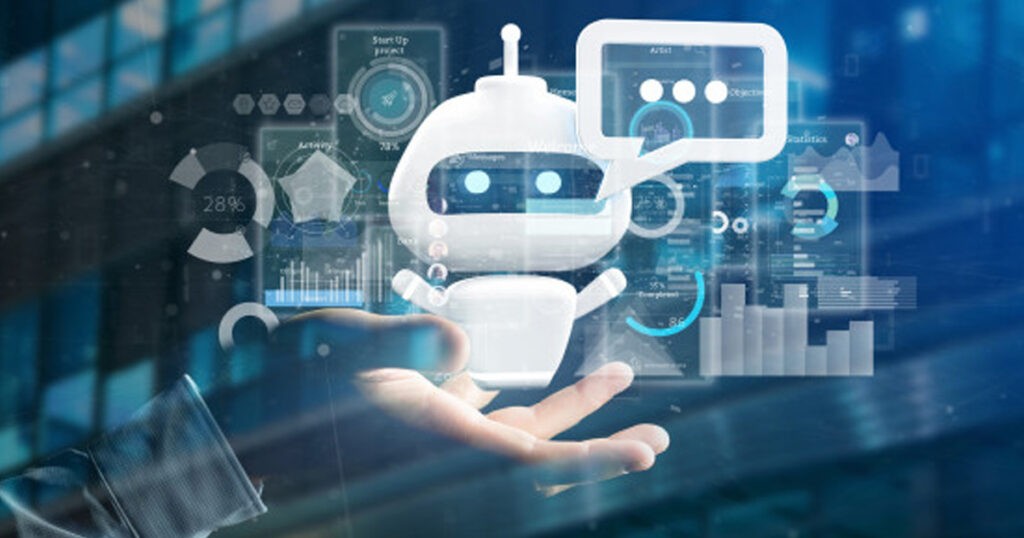Healthcare Chatbots for Triage
Healthcare Chatbots for Triage
AI-powered Healthcare Chatbots for Triage are changing how patients access medical care by providing immediate advice and guidance. Traditionally, when someone feels unwell, they either have to make an appointment with their doctor or visit the emergency room, both of which can involve long waits. AI chatbots help solve this problem by offering a first line of support that’s available 24/7. These chatbots ask patients about their symptoms and use that information to provide advice on whether they should seek immediate care, schedule an appointment, or manage their symptoms at home. This triage process helps people get the right care faster and more conveniently.

One of the biggest benefits of AI chatbots is that they can quickly assess the urgency of a medical situation. For example, if a patient reports chest pain, the chatbot can identify this as a potentially serious symptom and advise them to seek emergency care immediately. On the other hand, if a patient describes mild cold symptoms, the chatbot might suggest home remedies or recommend a non-urgent doctor’s visit. This helps prevent overcrowding in emergency rooms by ensuring that only those who need urgent care are directed there, while others can be reassured or directed to less immediate forms of care.
AI chatbots also reduce the burden on healthcare professionals by handling a large volume of patient inquiries. Many people have questions about their health that don’t require a doctor’s immediate attention, such as whether they should be concerned about a certain symptom or what they can do to relieve discomfort. Chatbots can provide quick, accurate answers based on medical databases, allowing doctors and nurses to focus on more complex cases. This not only saves time for healthcare workers but also ensures that patients get the information they need more quickly.
Another advantage of healthcare chatbots is their ability to offer personalized advice. These chatbots can analyze a patient’s medical history, allergies, and medications to provide recommendations that are tailored to their specific situation. For example, if someone is taking certain medications, the chatbot can factor that into its recommendations, ensuring that the advice is safe for the individual. By personalizing their responses, chatbots make sure that patients receive accurate and relevant guidance, improving the overall quality of care.
Finally, AI chatbots make healthcare more accessible to people who may face barriers in getting traditional care. This includes individuals in remote areas, those with mobility issues, or people who simply want to avoid the time and cost of going to a clinic for minor issues. By offering triage and health advice through smartphones or computers, chatbots ensure that everyone has access to timely medical support. In short, healthcare chatbots for triage help patients make informed decisions about their health, reduce the load on healthcare providers, and ensure that medical resources are used more efficiently.

